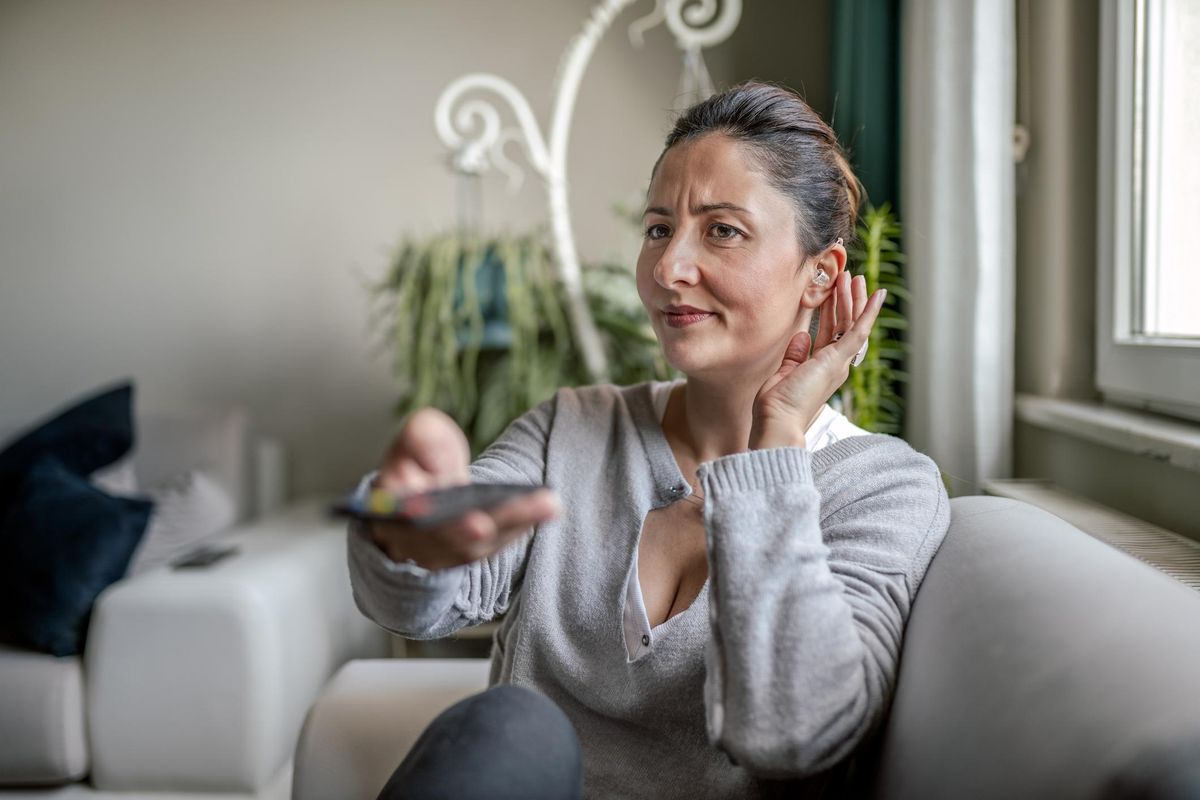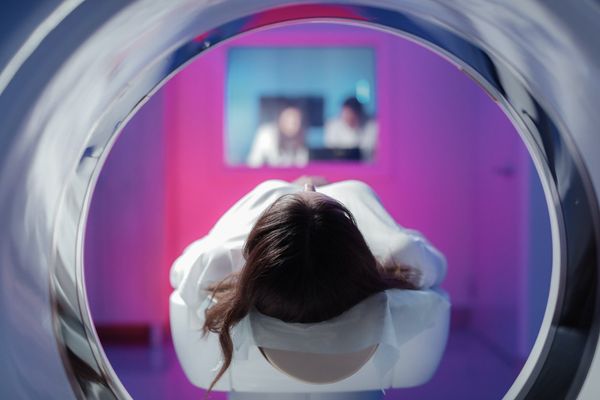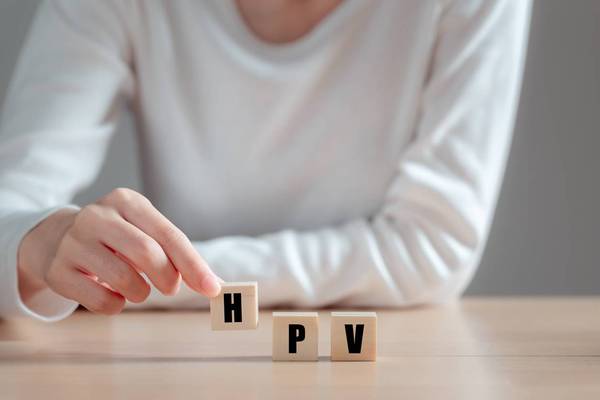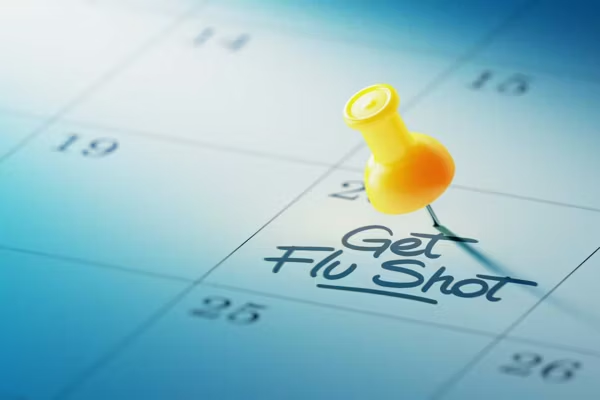Love 'em or hate 'em, fireworks are inevitable at certain times of year. While crowds of people are oohing and aahing at the latest pyrotechnic extravaganza, they may also be risking noise-induced hearing loss.
Both outdoor and indoor activities can produce such damage, which is caused by the decibels of sound pressure and the amount of time you're exposed to a noise. Normal conversation delivers 60 decibels, a level that doesn't cause damage; at 85 decibels (hair dryer, gas mower, city traffic), you can suffer permanent hearing loss after eight hours of exposure.
Your risk rises rapidly with the decibel numbers—daily safe listening at 100 decibels (music on earphones set to level 5) ends after 15 minutes. Fireworks deliver about 140 decibels of noise, considered unsafe for any amount of time.
Surprising as it may seem, nutrition may help protect you against hearing damage from sudden or prolonged noises. Researchers at the University of Michigan have found that high doses of the antioxidant vitamins A, C and E, as well as magnesium-when taken in combination—can reduce permanent noise—induced hearing loss. The treatment, based on animal studies, was given one hour before exposure to damaging noise and continued for five days afterward. The scientists believe that, in the near future, a snack bar or pill for humans containing the right mixture would make it possible to protect yourself before attending a fireworks display or loud concert.
There are practical ways to shield ears from damage. You can test if your music player is too loud by asking someone standing nearby if she or he can hear the lyrics. Be sure to stay well away from fireworks noise or music amplifiers and speakers. Wear earplugs in loud environments. Talk with your supervisor if you think your workplace is too noisy. If you have to raise your voice to be heard, there's danger of hearing damage.
Exposure to loud noise can lead to tinnitus, which creates a ringing, or buzzing, sound in your ears. You may get some relief from tinnitus by reducing the amount of sodium and caffeine in your diet and by cutting or eliminating tobacco use.







